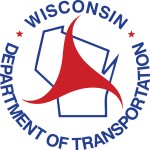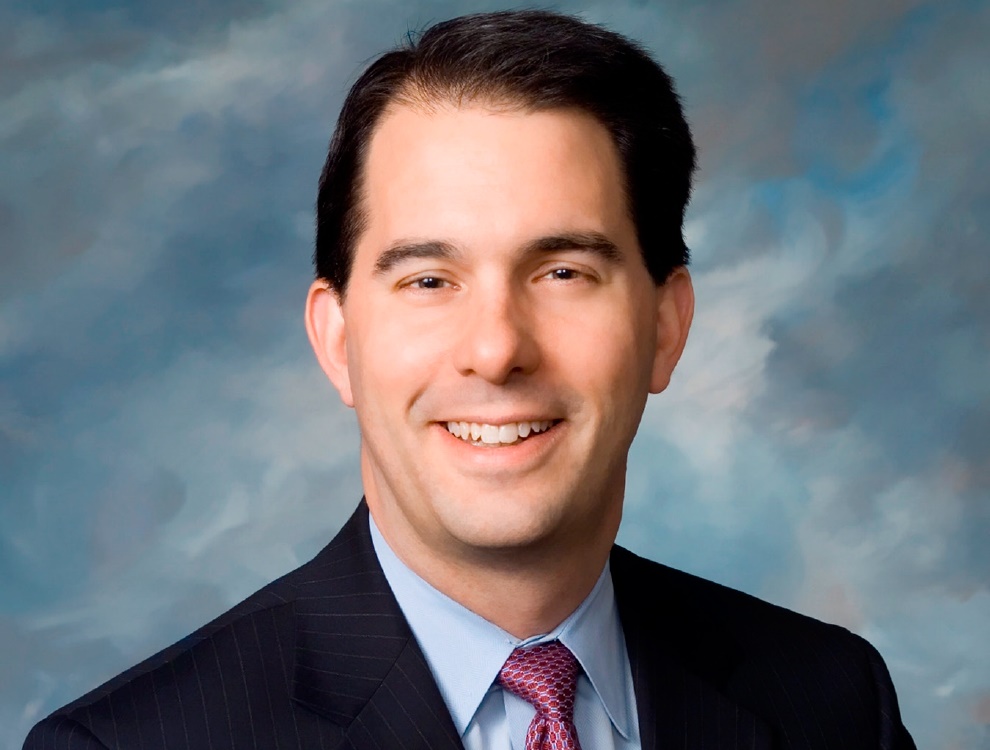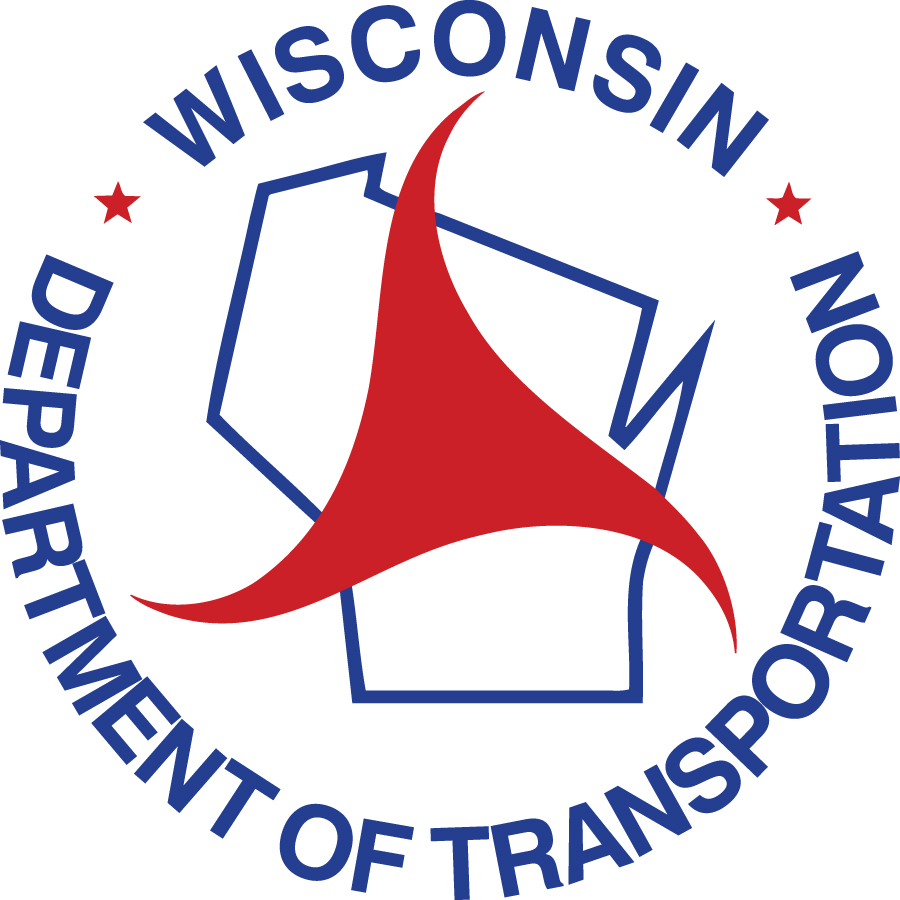Governor Walker authorizes additional measures to prevent potential gas and diesel shortages
Changes allow transport of heavier loads of petroleum products
To avoid the potential for gasoline and diesel shortages during the shutdown of the West Shore Pipeline from Milwaukee to Green Bay, the Wisconsin Departments of Transportation (WisDOT) and Administration (DOA) have confirmed an energy emergency exists and have authorized motor carriers to transport overweight loads of petroleum products, such as fuel and oil, effective immediately through Jan. 3, 2017.
This ensures motor carriers are able to travel into and throughout the state so that any potential gasoline and diesel shortages are avoided, as demand is high this time of year with the impending winter heating season. It will also help businesses continue normal operations.
During the energy emergency, after consultation with state agencies, the Governor has sought to grant to carriers and drivers of commercial motor vehicles in the process of obtaining and transporting petroleum products an exemption from the divisible load limits in state statutes.
This exemption authorizes only weights that are not more than 10 percent greater than the gross axle weight and axle combination weight limitations and not more than 15 percent greater than the gross vehicle weight limitations. This waiver does not apply to commercial motor vehicles operating on highways designated as interstates except for the I-39 and I-41 corridors.
NOTE: This press release was submitted to Urban Milwaukee and was not written by an Urban Milwaukee writer. While it is believed to be reliable, Urban Milwaukee does not guarantee its accuracy or completeness.























